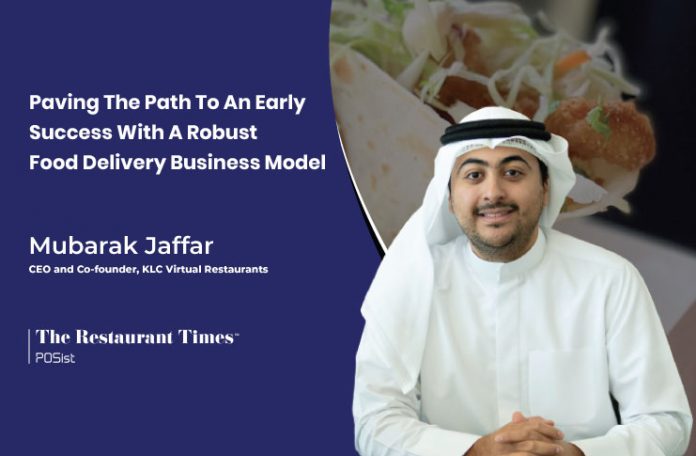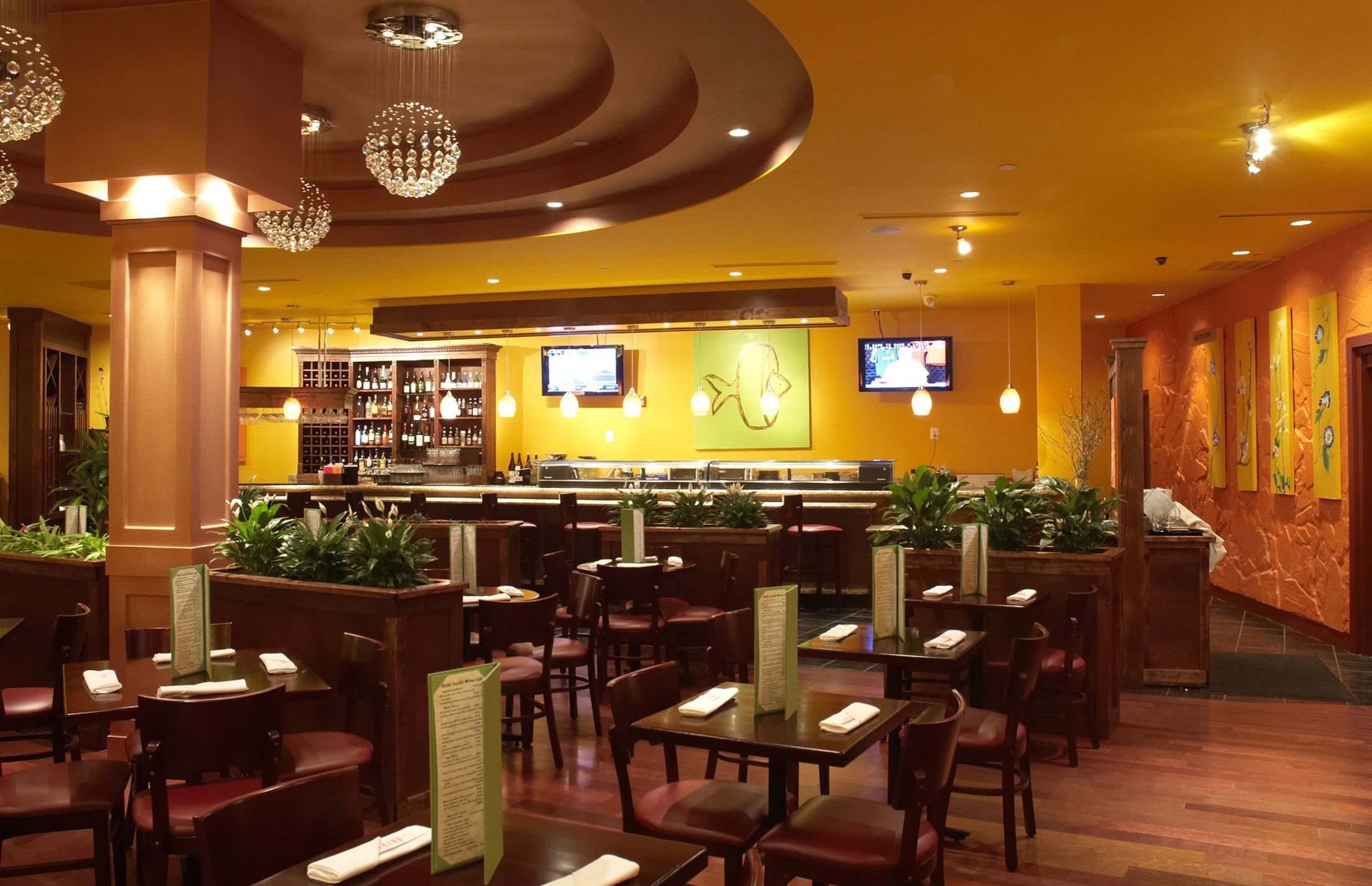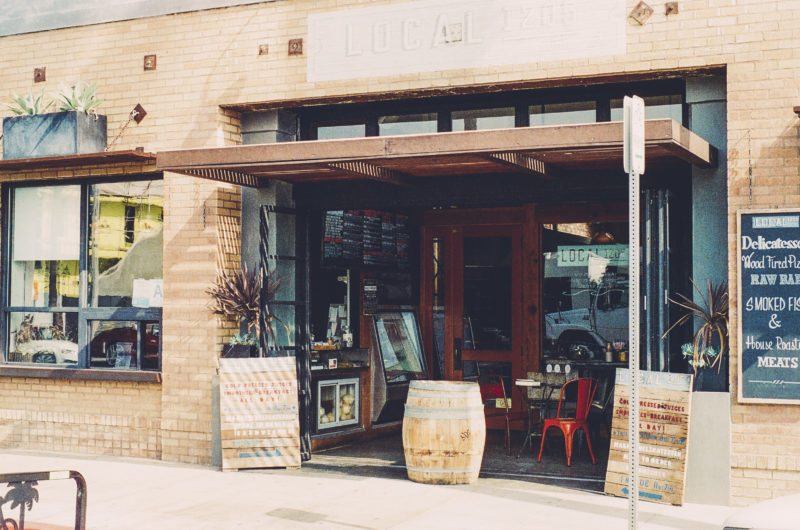KLC Virtual Restaurants is a multi-brand virtual restaurant company focused on delivering delicious food from a variety of cuisines across the GCC region. Having identified a growing demand for quality food at reasonable prices in the home delivery segment, KLC developed virtual restaurants to satisfy the online market demand. Operating over 40 virtual brands via a vertically integrated cloud kitchen business model, KLC has efficiently targeted ever-changing consumer tastes.
With the goal of becoming one of the top virtual delivery restaurants globally, KLC operates some of the region’s most loved brands such as The Junkyard, Proper Sliders, Mission Katsu Curry, and more. Mubarak Jaffar is the Board member at Faith Capital, a Kuwait-based venture capital fund that focuses on e-commerce businesses with high growth potential. He has been a former partner at Talabat, one of the largest online food delivery platforms in the MENA region. Mubarak graduated with a degree in Management from the Royal Holloway University of London in 2011 and went on to obtain a Master’s degree in Management in the MENA Region from SOAS University of London in 2012.
In Conversation with Mubarak Jaffar, CEO, and Co-founder, KLC Virtual Restaurants
In an exclusive conversation with The Restaurant Times, Mubarak Jaffar, CEO, and Co-founder, KLC Virtual Restaurants, shares insights on processes, working with a lean and simple business model, and how the company managed to become one of the largest virtual restaurant groups in the GCC region.
The Journey and Success Story of KLC Virtual Restaurants
The journey of KLC Restaurants dates back to 2009 when the company set up its first delivery kitchen. The Jaffar family specifically saw a gap in the market and wanted to implement delivery services in the restaurant. This was way before online delivery was common in the region.
In those days, food delivery was dominated by QSR and fast food restaurant chains. The team felt that there was a potential to create a restaurant brand that delivered quality continental food to people in Kuwait and set up their first brand, The Kitchen, in 2009. The Junkyard soon followed, and Mubarak highlights that they started to see more customers looking for variety in terms of cuisines. This is what led them to set up multiple brands focused on delivery. They set up a burger concept in 2014, which saw a massive interest from customers making it a transition period. When online food delivery started to pick up towards 2014-15, this was when KLC restaurants began to shift their focus from offline to online.
Mubarak notes a massive growth in online traffic across the GCC region, including the UAE, Bahrain, and KSA. In 2015, they began to experiment by onboarding multiple brands in one location and within the same area. From 2016 to 2018, they began experimenting with virtual brands within their current infrastructure.
That really was the key. We had the time to experiment, and we tried to understand consumer behavior as the behavior of an online customer differs completely from that of offline customers. The delivery market, in general, has changed significantly. From 60-70 minutes of delivery time to 30 minutes or less, technology has also changed the game essentially.
KLC restaurants offer over 12 cuisines, including Mexican and Italian cuisines, pizzas, healthy dishes, desserts, and more. Within each cuisine, they have multiple brands. Mubarak says consumers are now looking for specialized brands and offering something new for them to order. The brands under the KLC group are very specific, exclusively geared for delivery operations, with a special focus on quality.
The quality of food is the number one priority, and with the rise of cloud kitchens or virtual brands, there’s been a lot of discussion on how we maintain the level of quality and consistency. The money that one invests in a dining location, by paying rent and utilities, we pay lesser rent and reinvest that amount back into the quality of food, the service, the delivery process, and so on. So essentially, the savings from paying excessive rent gets put back into the product, which is essentially what we’re doing.
Mubarak also points out that being a data-driven industry; everything is documented. They can look at the orders, hourly and area sales, average ticket by brand, and track key metrics that help in making much better decisions.
During the pandemic, KLC services were available 24 hours a day. This helped them in capturing a bigger market share. With over 40 virtual brands in Kuwait, KLC covers over 90% of the delivery areas and delivers 24/7 across these areas. The brand has established its own delivery fleet and also relies on third-party aggregators for services.
The Expansion Strategies
The company already has 15 cloud kitchens in Kuwait and is in the finalization stage of setting up two to three more kitchens within the next two or three months. In the UAE, they have partnered with a strategic kitchen operator operating more than 25 of their brands across three kitchens in Dubai with plans to expand into further kitchens later during the year.
Mubarak emphasizes that the rollout period has been a lot faster with all the different partners available today. Traditional franchising is usually done by franchising a single brand, with a storefront location, and so on. This form of franchising is extraordinarily unique and has made a significant impact on the market.
The Shift In Consumer Trends And Online Ordering Behavior
Mubarak says that a lot of research goes into understanding what the customer is looking for, including local, regional and global trends. During the research, they realized that customers love ordering the same dishes but from different brands that provide customers with other experiences reflected in their branding and the design.
Much attention goes into branding – the logos, the names, the menus, the packaging, and so on. However, the quality of food remains the number one priority. “We use very high-quality ingredients across all of our brands,” says Mubarak.
As opposed to a dining restaurant, what makes a delivery restaurant stand out is that the brand is tailored for delivery. Packaging is of utmost significance in the delivery-only business; KLC Virtual Restaurants use the best quality packaging for each brand and dish.
Mubarak also highlights that it is essential for restaurants to build their delivery system and establish their online presence on aggregator platforms. Partnering with top aggregators generates significant numbers of orders.
Factors Making The Gulf A Fast-growing Destination For Entrepreneurs
Mubarak emphasizes that there’s a huge entrepreneurial spirit in Kuwait, and across the GCC with a major focus currently on KSA. In the last several years, the UAE has become a hub for innovation, attracting people to come and invest in many businesses. The majority of cloud kitchen operators in the region are headquartered in the UAE, and Mubarak says it’s all about creating an ecosystem and improving the ease of doing business.
During the last six to seven years, there’s been a lot of activity in the MENA region, where previously the majority of activity was seen in other parts of the world. Investors are seeing the opportunities and potential here and willing to invest in some of these businesses. Several valuations that we see locally are encouraging. This encouragement is necessary to build a healthy ecosystem for everyone and is highly essential for the region’s development.
Expert Tips To Entrepreneurs Exploring Cloud Kitchen Business In The Middle East
- Research is the key: It is vital to understand the business you’re venturing into, understand the current trends, how the industry developed, analyze fundamentals, and monitor the players within the industry.
- Understand your target audience: Conduct research on the prevailing customer trends and what is working out in the industry.
- Invest in the right people: Establishing a solid team is always a great strategy for any restaurant business.
Watch Mubarak Jaffar in an exclusive F&B Talks session with The Restaurant Times.

















